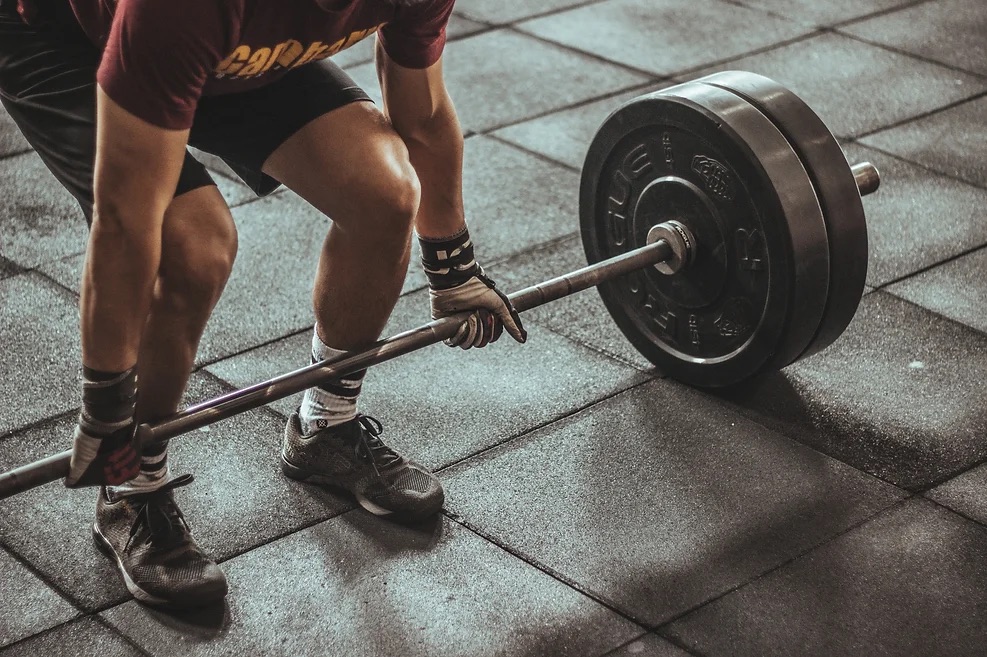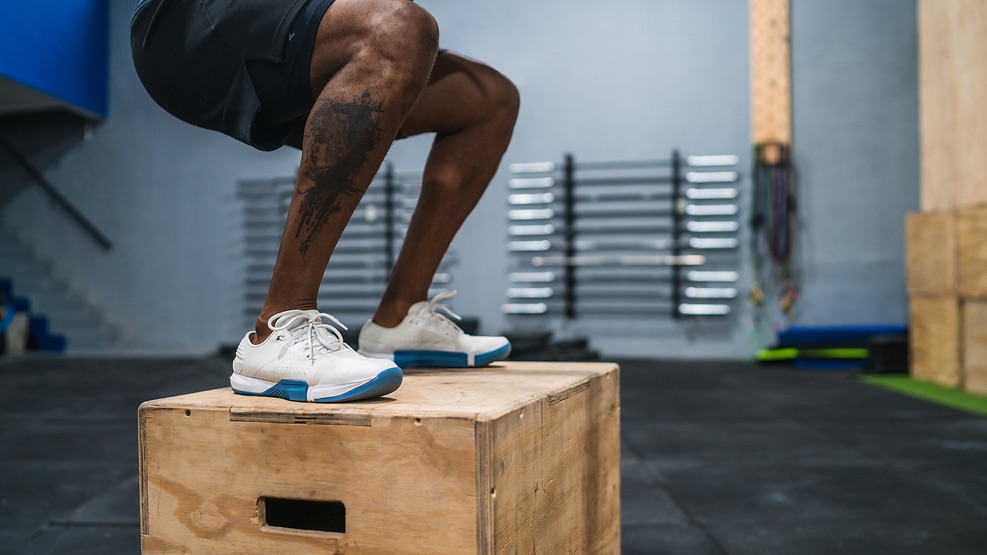High performance Lab perth
CONTRAST VS COMPLEX TRAINING -
WHICH IS BETTER SUITED FOR NOVICE ATHLETES
High performance Lab perth

Contrast training and complex training are two distinct types of resistance training that have their own benefits and limitations. Contrast training involves alternating sets of heavy weights with sets of lighter weights while complex training involves combining heavy weightlifting movements with plyometric exercises. Both types of training are designed to improve strength, power, and speed but they differ in terms of their specific focus and intensity.
“Both types of training are designed to improve strength, power, and speed”
Contrast training is a popular method for improving explosive power and muscular strength. It involves alternating between heavy lifts (e.g., squats, deadlifts) with lighter, explosive movements (e.g., jumps, sprints). This type of training is effective because it allows novice athletes to lift heavier weights without sacrificing speed and power. Contrast training is also less demanding on the central nervous system, making it a great option for athletes who need to preserve their energy for other activities.
“Contrast training is also less demanding on the central nervous system, making it a great option for athletes who need to preserve their energy”

On the other hand, complex training is a more advanced form of resistance training that combines weightlifting movements with plyometric exercises. This type of training requires a high level of coordination and skill, making it better suited for experienced athletes. Complex training is designed to increase power, speed, and coordination by challenging the athlete to perform multiple movements in quick succession. However, this type of training can be very demanding on the body and may lead to fatigue, injury, or overtraining if not done properly.
Conclusion
In terms of which type of training is better for novice athletes, contrast training may be the better option. This is because it is less demanding on the body and allows athletes to lift heavier weights without sacrificing speed and power. Contrast training is also a great way to build a strong foundation for more advanced forms of training, such as complex training. However, it is important to remember that every athlete is different, and what works for one athlete may not work for another. It is always best to consult with a qualified coach or trainer to determine the best type of training for your specific needs and goals.

